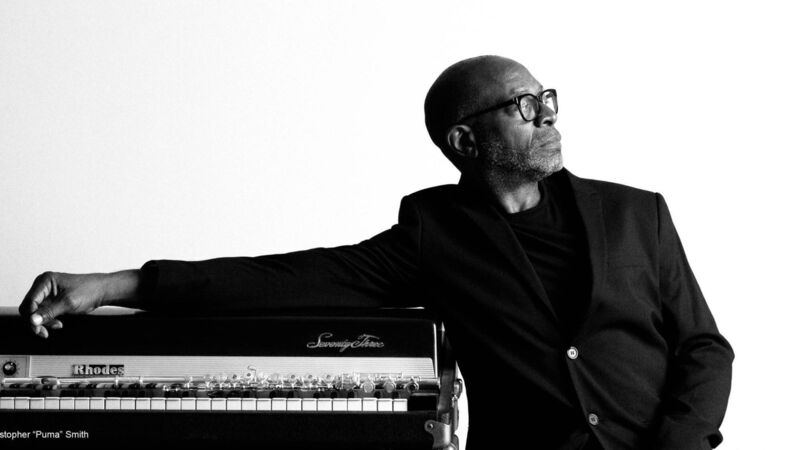Brian Jackson on his upcoming Cork Jazz Festival gigs, and Gil Scott-Heron

Brian Jackson plays at Cork Opera House and Triskel Christchurch for the Guinness Cork Jazz Festival.
Brian Jackson was there when it all started. In the early 1970s, he and his friend, singer and jazz poet Gil Scott-Heron, blazed a trail with a streak of pioneering albums that helped lay the foundations of hip-hop and are today regarded as classic works of soul and jazz-funk. Quietly spoken and off-the-radar in his home near the French Pyrenees, the Brooklyn-born keyboardist and producer has as rich a legacy as any late 20th-century musician.
“It’s amazing. I just never really am able to fathom how that works – I really can’t,” he says of the enduring influence of records such as Pieces Of A Man, which opens with Scott-Heron’s polemical piece, 'The Revolution Will Not Be Televised'. “I guess people wouldn’t be so into it if it didn’t have some type of meaning now.”




